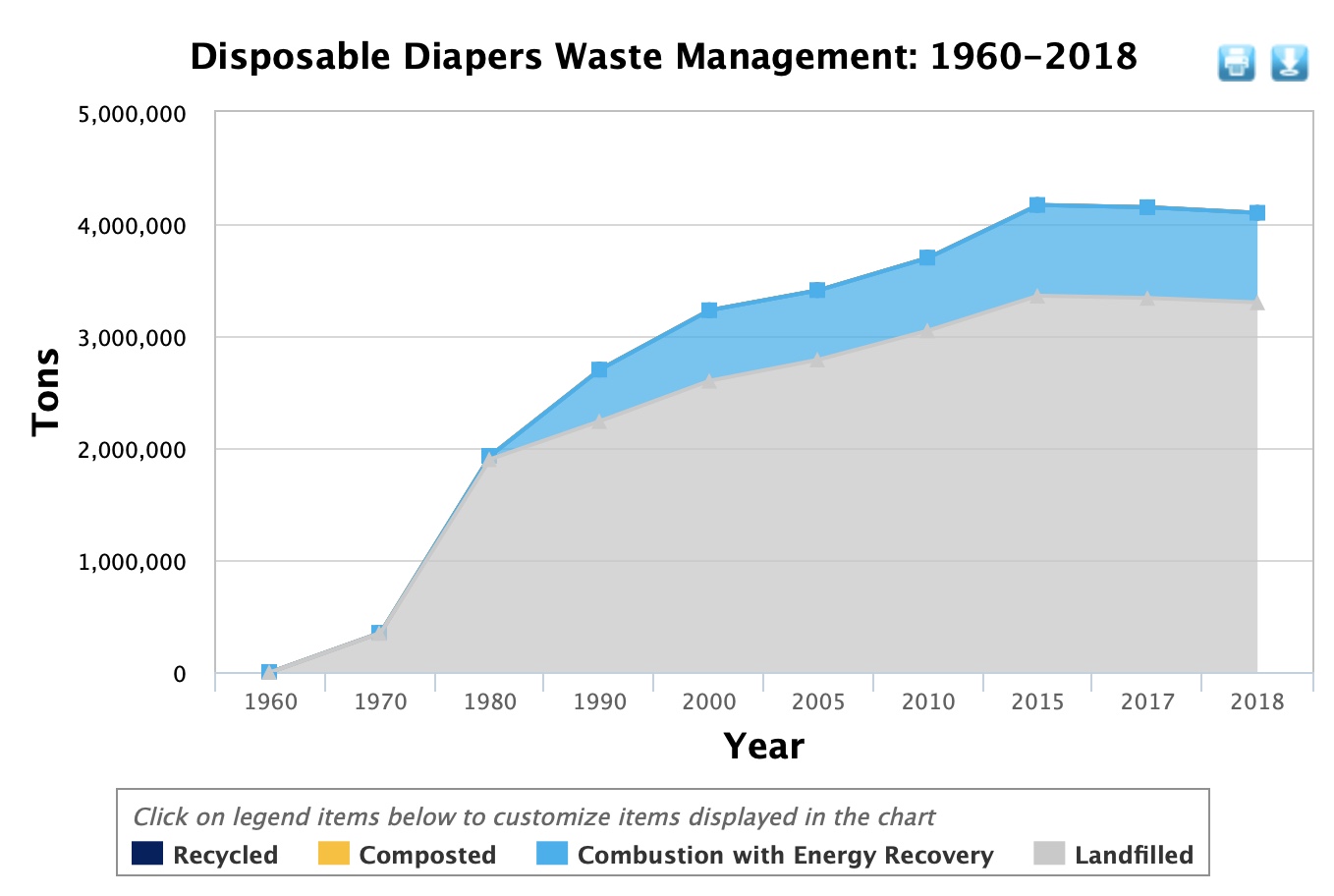I approve of the overall message but indoor farming is kind of insane in the present day. It uses incredible amounts of energy and our scarce building materials to do something we can do much more easily outside.
Long term it might be important but I don’t think it makes sense until we solve the current energy crisis.

